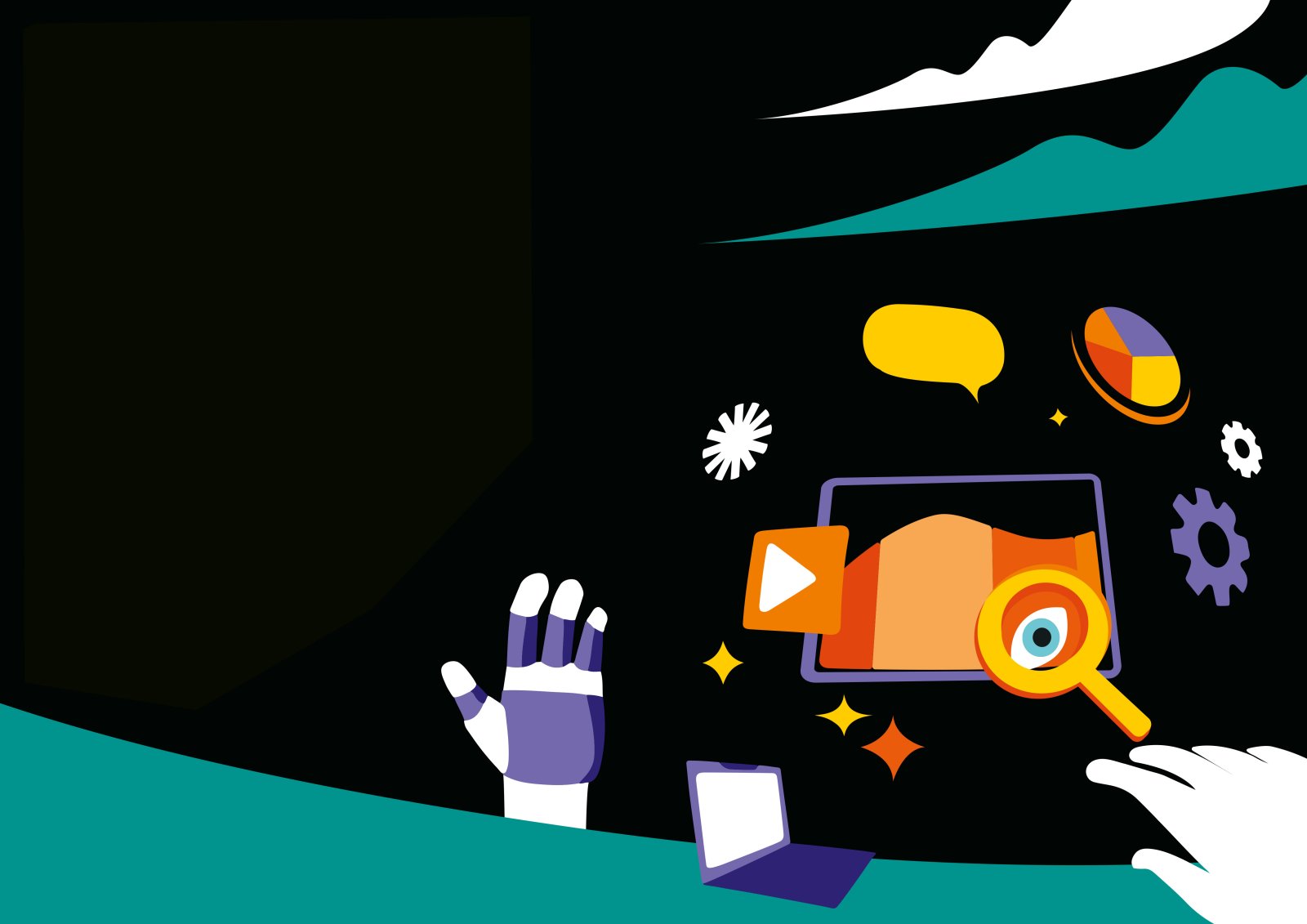AI and the future of journalism

Author

Sonja Schwetje
Managing Director Programming
ntv
Editor-in-Chief Business News & Networks
RTL News
Disinformation is one of the biggest challenges for journalists and the rise of algorithms, social media and AI is having a profound impact on the way in which news is gathered.
Sonja Schwetje, Managing Director Programming ntv and Editor-in-Chief Business News & Networks at RTL News, discusses transparency, Bertelsmann’s AI tools, and the crucial role of human oversight in maintaining journalistic integrity.
How are you using AI at Bertelsmann?
Our job as journalists is to look for the truth, to be transparent about the way we gather and verify information and to show people the most realistic picture of the world that we can. AI does the opposite. In a world where people don’t know what to believe anymore, trust is the most valuable asset.
Our aim is to make the most of technology, including AI, while guaranteeing the highest journalistic standards. AI can be a support tool, but accountability always lies with a human.
We have developed “Hot Topic Discoverer” that helps our editors find the most relevant topics from a vast selection of agency reports. Another tool is the “Text Generator” which generates headlines and text to length, format and in the ntv style which our journalists can use or they can create their own. It is important to mention that these tools are programmed by humans and merely provide suggestions, in the end it is the journalists who decide how and what will be published.
Does it work 100%? Not yet. AI, even with good quality data, makes mistakes. These can be documented, and used to find solutions to make the tool better. The mistakes are also a reminder for our journalists to remain sceptical.
Our aim is to make the most of technology, including AI, while guaranteeing the highest journalistic standards.
What are the benefits of AI?
It’s not only about efficiency or distribution; it’s also about quality. If you save time on tasks such as creating headlines, you can make more phone calls for research and follow up aspects of a story to add more depth to articles. That’s a benefit which is often overlooked.
What about trust?
The public is increasingly concerned about disinformation. They realise what is at stake for democracy. People want to know why they should trust us. At ntv, we have created “Faktenzeichen” where our reporters and factcheckers regularly explain how they discovered fake information, photos and videos. It empowers our viewers and contributes to media literacy.
How do you see the future of journalism and AI?
AI will generate fakes that even experts cannot separate from authentic video or audio content but the more false information people encounter, the more they will value trusted news from reliable brands. I am very optimistic that journalists will be more important than ever.
Publishers who invest massively in reporters on the ground, training and fact verification must be able to monetise their content and advertisers gain from placing their products in a brand-safe environment, so there is mutual interest in supporting each other.